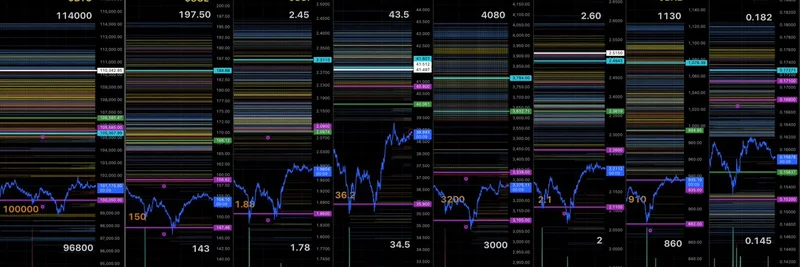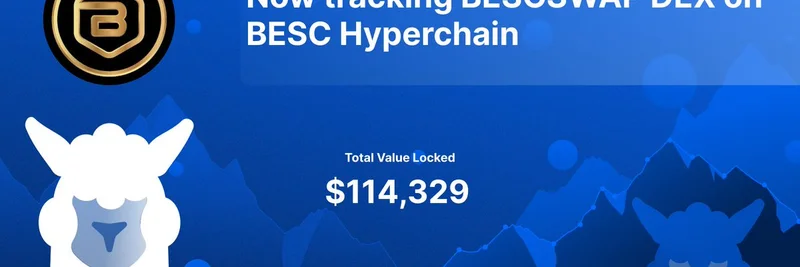In the fast-paced world of cryptocurrency, where innovation never sleeps, a recent X thread from Mert, the CEO of Helius Labs, has sparked conversations about what it really takes for crypto to thrive. Mert, who's no stranger to building infrastructure on Solana, emphasized that both scale and privacy are essential pillars for the industry's growth. If you're into meme tokens or blockchain tech, this is worth paying attention to—especially since Solana's ecosystem is a hotbed for memes like those launched on platforms such as Pump.fun.
Mert's main point? "For crypto to win, both scale and privacy must be worked on." He called out the skeptics who jump to conspiracy theories about "bags"—that's crypto slang for personal holdings—whenever someone champions projects like Solana (SOL) or Zcash (ZEC). Interestingly, Mert noted he wasn't a venture capitalist (VC) investor in either network, underscoring that his advocacy comes from a genuine desire to advance crypto, not just pump his portfolio.
Scaling Up: Why Solana Leads the Charge
Scale refers to a blockchain's ability to handle a high volume of transactions quickly and cheaply without buckling under pressure. Solana, often hailed for its high throughput, processes thousands of transactions per second, making it ideal for applications like decentralized finance (DeFi) and, yes, meme token launches. If you've ever traded a hot new meme coin on Solana, you know how seamless it can feel compared to slower networks.
But why does this matter for meme tokens? The meme economy thrives on virality and speed. A scalable network like SOL ensures that when a token goes viral—think dog-themed coins or celebrity-backed projects—traders can jump in without sky-high fees or delays. Without scale, the fun (and profits) in memes could fizzle out fast.
Privacy: The Shield Crypto Can't Ignore
On the flip side, privacy protects users' transaction details from prying eyes, which is where Zcash shines. ZEC uses zero-knowledge proofs, a fancy tech that lets you verify transactions without revealing sensitive info like amounts or addresses. In a world where governments and hackers are always watching, privacy isn't just a feature—it's a necessity.
Mert's shoutout to ZEC highlights a growing need in crypto: shielding users while maintaining transparency where it counts. For meme token enthusiasts, this could mean more secure ways to trade anonymously, reducing risks like front-running or doxxing. Imagine launching or trading a meme without broadcasting your wallet to the world—that's the privacy edge ZEC brings to the table.
Pushing Back Against the Haters
In a follow-up post, Mert laughed off the criticism, saying it's "hilarious" how people still hate even when you buy assets on the open market, share your thoughts publicly, and actually build stuff instead of just talking. "See you at trillions," he quipped, a nod to the massive potential he sees in these technologies.
This resonates in the meme token space, where hype often overshadows real development. Builders like Mert remind us that true progress comes from shipping products—Helius Labs provides RPCs, data tools, and more for Solana devs, directly fueling the meme ecosystem.
Tying It All Together for Meme Insiders
As someone who's edited top crypto news at CoinDesk and now dives deep into memes here at Meme Insider, I see Mert's thread as a call to action. Meme tokens aren't just jokes; they're experiments in community and virality, but they need robust foundations like scale and privacy to evolve. Solana's speed powers the launches, while Zcash's privacy could inspire next-gen features in meme protocols.
If you're building or trading memes, keep an eye on projects blending these elements. Check out the original thread on X for the full context, and explore Solana's official site or Zcash's resources to learn more. In crypto, the builders win—and with scale plus privacy, the sky's the limit for memes and beyond.



